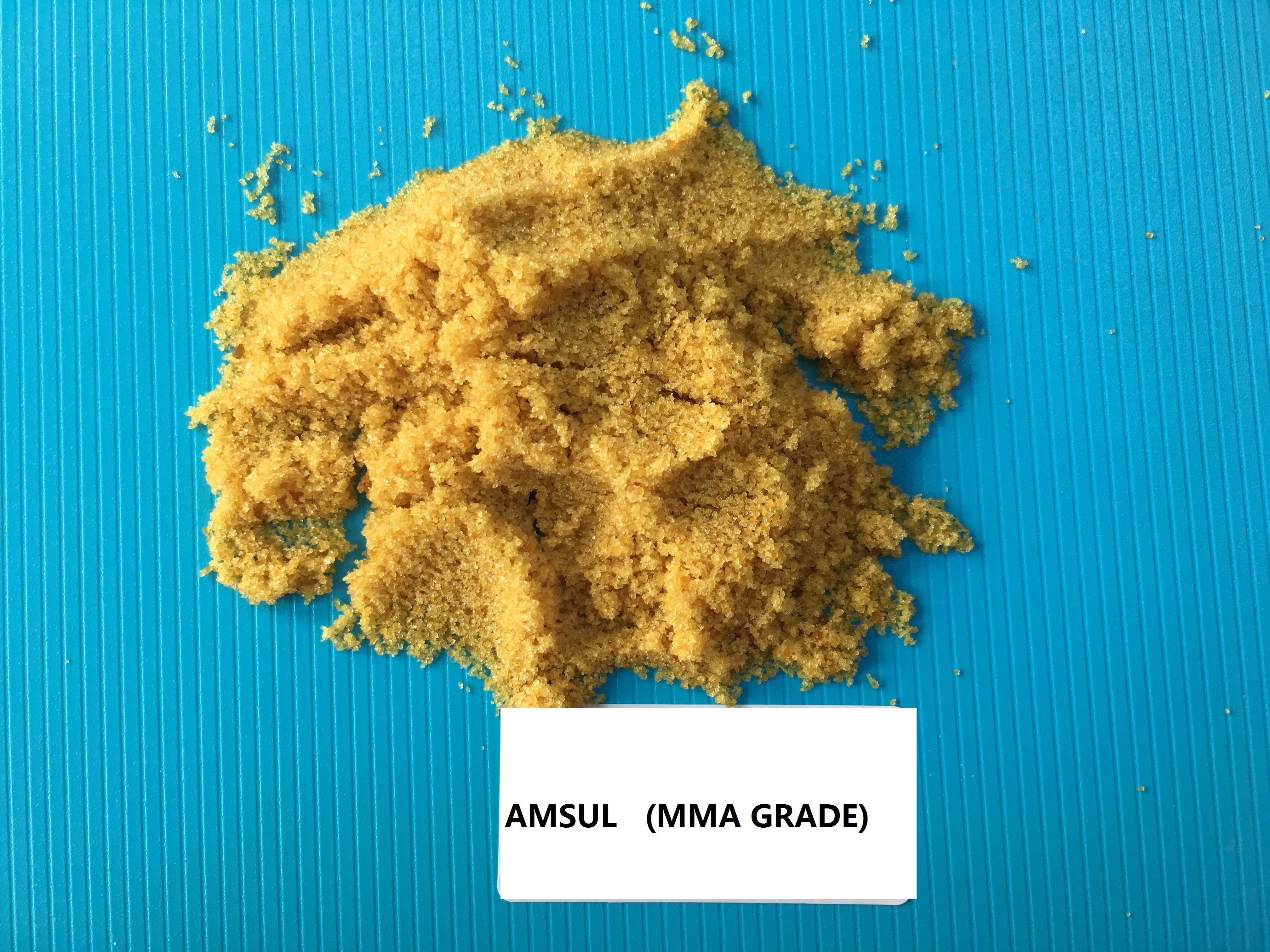
In the agricultural sector, optimizing fertilizer use is essential for enhancing crop yield and sustaining soil health. Granular ammonium sulfate (NH4)2SO4, recognized for its high nutrient density and ease of application, stands out as a premium choice among nitrogen-sulfur fertilizers. This article delves into the distinctive properties of granular ammonium sulfate, its versatile agricultural applications, and critical usage techniques that amplify its benefits, supporting sustainable farming practices worldwide.
Granular ammonium sulfate possesses a uniform particle size distribution typically ranging between 2 to 4 mm, which ensures excellent flowability and facilitates even spreading across various soil types. Its nitrogen content of approximately 21% combined with 24% sulfur (in sulfate form) addresses two vital macronutrient requirements simultaneously.
The product’s crystalline structure not only minimizes dust formation, enhancing operator safety during handling, but also improves storage stability by resisting caking and moisture absorption in humid environments. According to studies published by the International Fertilizer Association (IFA), crops treated with ammonium sulfate demonstrate up to a 15% increase in nitrogen uptake efficiency compared to conventional nitrogen fertilizers.
| Feature | Benefit |
|---|---|
| Uniform Granules | Improved spreadability and precise dosage control |
| Dual Nutrient Source (N & S) | Supports robust plant metabolism and protein synthesis |
| Low Dust & Caking Resistance | Enhanced safety and long-term storability |
Granular ammonium sulfate is widely utilized across various crops including cereals, fruits, vegetables, and turf management. Its acidifying effect on alkaline soils improves nutrient availability by lowering soil pH gradually – a vital factor in regions with calcareous or sodic soils. For instance, in Midwest US cornfields, precise application of ammonium sulfate has contributed to a yield increase averaging 5-8 bushels per acre as documented by state agricultural extension services.
In horticulture, its balanced nutrient profile helps improve flowering intensity and resilience against diseases, especially when combined with tailored irrigation strategies. The product’s compatibility with mechanized spreaders enhances operational efficiency for large-scale farms while also meeting the fine application needs in ornamental plant nurseries.

Proper application techniques are critical to unlocking the full potential of granular ammonium sulfate. Experts recommend soil testing prior to application to establish nutrient deficiencies and optimal dosing rates tailored to crop and soil type. Incorporating the fertilizer into the root zone, via side-dressing or band application, reduces nitrogen volatilization and leaching losses.
Additionally, timing the application to match crop nitrogen demand stages significantly improves nutrient uptake. For example, applying ammonium sulfate around the vegetative growth phase can lead to better biomass accumulation and improved grain protein content.
| Practice | Impact |
|---|---|
| Soil Testing and Dosage Precision | Avoids nutrient excess and reduces environmental runoff |
| Incorporation Near Root Zone | Enhances nutrient absorption efficiency |
| Timed Application Aligned with Growth Stages | Maximizes crop growth and quality |
Empirical data confirms that the calculated use of granular ammonium sulfate directly correlates with yield improvement and soil fertility enhancement. For instance, a case study from Eastern Europe demonstrated a 12% increase in wheat yield and a measurable rise in soil organic matter content after three consecutive years of ammonium sulfate application, compared to plots receiving only basic nitrogen fertilizers.
The sulfur component promotes the synthesis of essential amino acids and enzymes, thereby improving plant resistance to abiotic stresses such as drought and heat. By supplementing both nitrogen and sulfur, ammonium sulfate promotes balanced nutrition and reduces dependency on multiple fertilizer products, thus optimizing logistics and cost-efficiency.
).jpg)
The global demand for high-efficiency fertilizers is accelerating, driven by increased focus on sustainable and climate-smart agriculture. Granular ammonium sulfate suppliers are adopting stringent quality control to ensure product consistency, purity exceeding 99%, and low impurity profiles, which contribute to consistent field performance.
Integration of ammonium sulfate into nutrient management plans aligns with policies targeting greenhouse gas mitigation, as its stable ammonium form reduces nitrous oxide emissions compared to urea-based fertilizers. Clients utilizing premium-grade granular ammonium sulfate report enhanced profitability through yield gains and reduced fertilizer application frequency.
%20(2).jpg)
For agricultural enterprise leaders and procurement specialists, selecting granular ammonium sulfate with verified quality parameters, backed by international certifications, ensures dependable performance and supports the long-term sustainability agenda.
Leveraging granular ammonium sulfate’s unique properties and scientifically informed application methods presents a powerful avenue for elevating agricultural productivity and soil health. This dual-nutrient fertilizer’s role in modern fertilization strategies continues to expand, contributing to enhanced crop quality, cost-saving efficiencies, and environmental stewardship.
Discover Tailored Fertilizer Solutions to Boost Your Crop Yields Today

